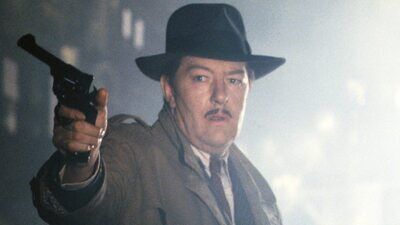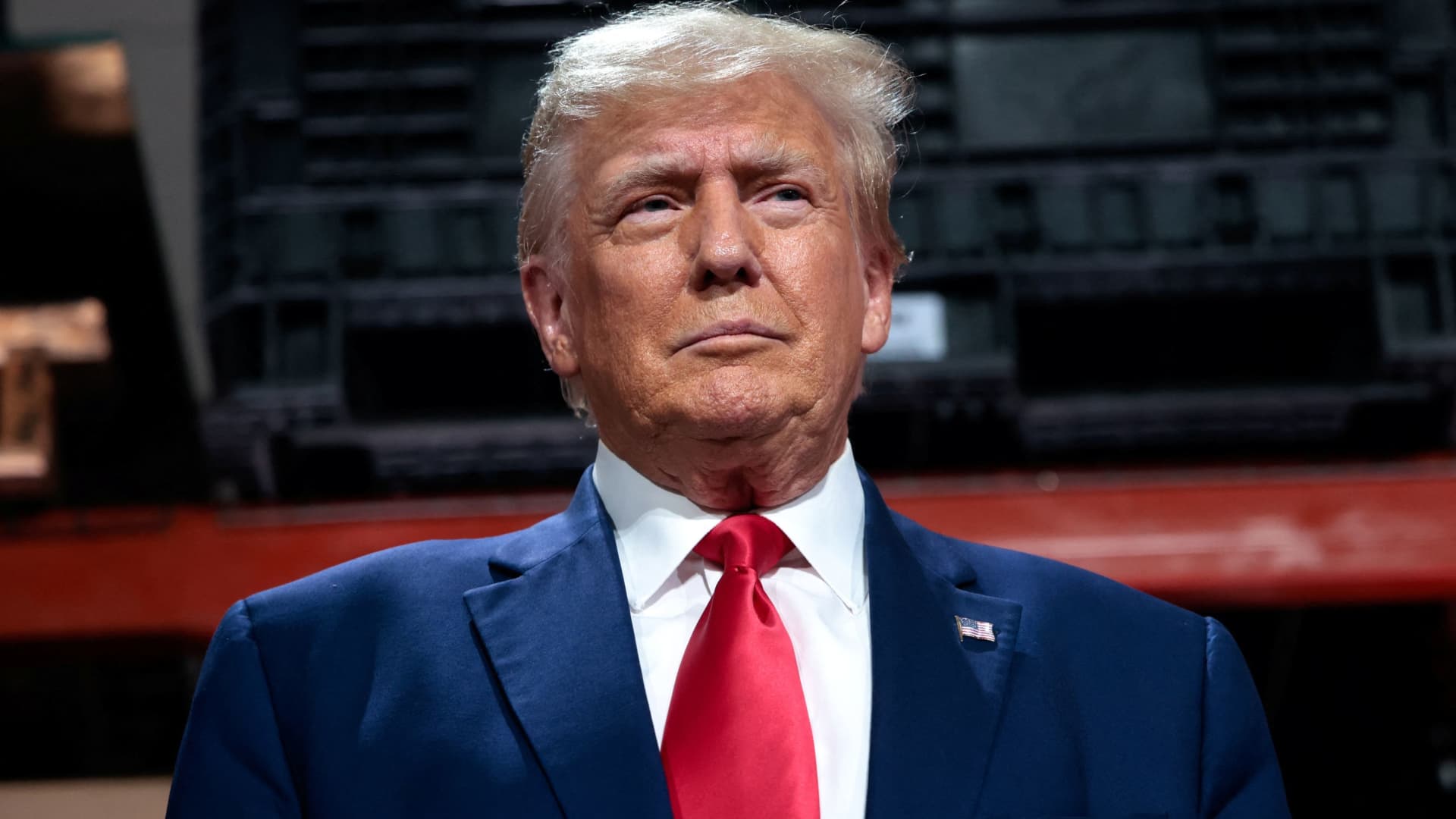It was noted by critics that Gambon’s performances on stage began to acquire the eccentricity, if not the dreaminess, that had once marked the work of Ralph Richardson. He did more Pinter for the theater and some Samuel Beckett and made a real impression in Beckett’s Endgame as a man utterly at the end of his rope but still talking, still hoping. He received a Tony nomination for his performance in David Hare’s Skylight on Broadway in 1995, but he was supposedly just as frightening in 2002 in Caryl Churchill’s A Number as a man with many cloned sons. Gambon was at his best in modernist plays like that, where a sense of terror was called for.
He came to new prominence on screen in the 2000s by taking on the role of Dumbledore in the Harry Potter movies after Richard Harris died. In an interview about these movies, Gambon claimed he didn’t do characterizations for any of his work: “I just stick on a beard and play me,” he claimed. “So it’s no great feat.”
In 2005, Gambon played Falstaff on stage in a production of Shakespeare’s Henry IV, Parts 1 and 2, but as time went on, his work in the theater increasingly focused on the plays of Beckett, and so he did Krapp’s Last Tape and he also did beautiful lesser-known Beckett plays like Embers. For a 50th anniversary celebration of the National Theatre in 2013, Gambon performed a scene from Pinter’s No Man’s Land opposite Derek Jacobi, which signaled that actors like Gambon and Jacobi had earned the right to be classed with Ralph Richardson and John Gielgud, who originated that play in the 1970s.
I only saw Gambon once on stage, and it was in a 2013 production of Beckett’s All That Fall in which he co-starred with the formidable Eileen Atkins. He had trouble remembering lines by that point, so the production was staged as a kind of radio play where the actors could have their scripts. Atkins dominated, but Gambon still looked like a monster who might strike at any moment.
Gambon was averse to publicity and did not discuss his private life; when asked about his first wife, he replied, “What wife?” But maybe a moment like that shows that he had deeply taken in the tone and manner of all those Pinter and Beckett plays he had made his name with.























































![Social Media Spring Cleaning [Infographic] Social Media Spring Cleaning [Infographic]](https://imgproxy.divecdn.com/9e7sW3TubFHM00yvXe5zvvbhAVriJiGqS8xmVFLPC6s/g:ce/rs:fit:770:435/Z3M6Ly9kaXZlc2l0ZS1zdG9yYWdlL2RpdmVpbWFnZS9zb2NpYWxfc3ByaW5nX2NsZWFuaW5nMi5wbmc=.webp)
![5 Ways to Improve Your LinkedIn Marketing Efforts in 2025 [Infographic] 5 Ways to Improve Your LinkedIn Marketing Efforts in 2025 [Infographic]](https://imgproxy.divecdn.com/Hv-m77iIkXSAtB3IEwA3XAuouMwkZApIeDGDnLy5Yhs/g:ce/rs:fit:770:435/Z3M6Ly9kaXZlc2l0ZS1zdG9yYWdlL2RpdmVpbWFnZS9saW5rZWRpbl9zdHJhdGVneV9pbmZvMi5wbmc=.webp)














